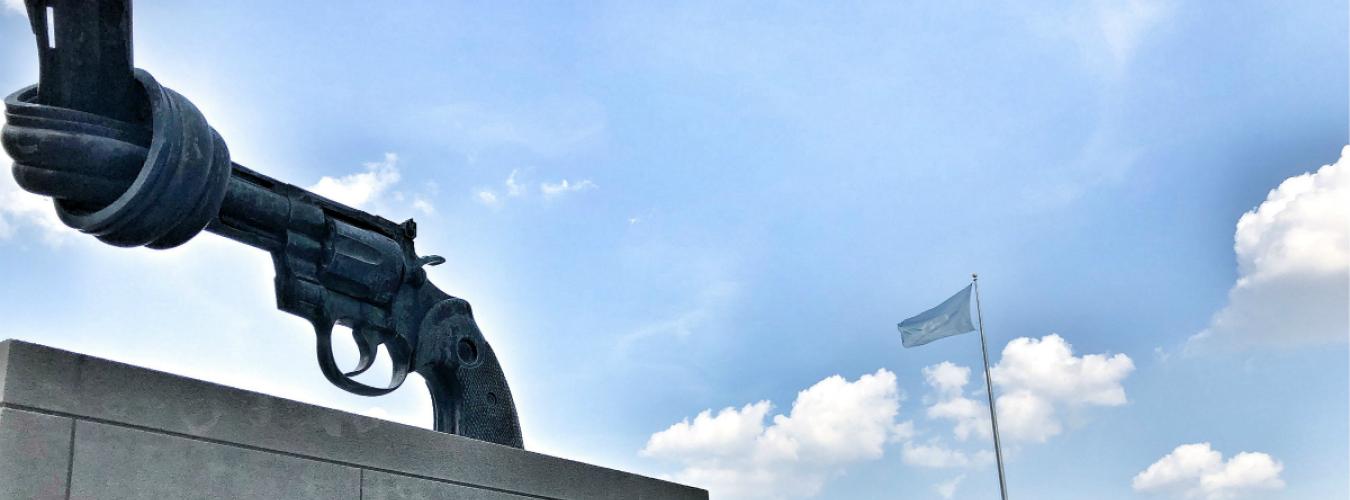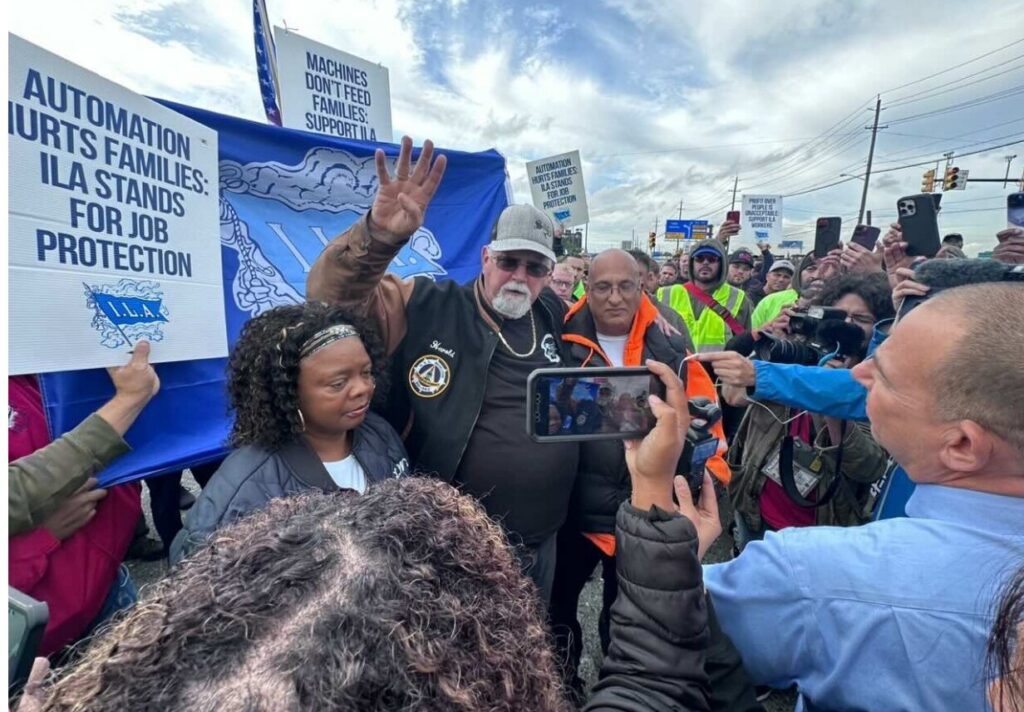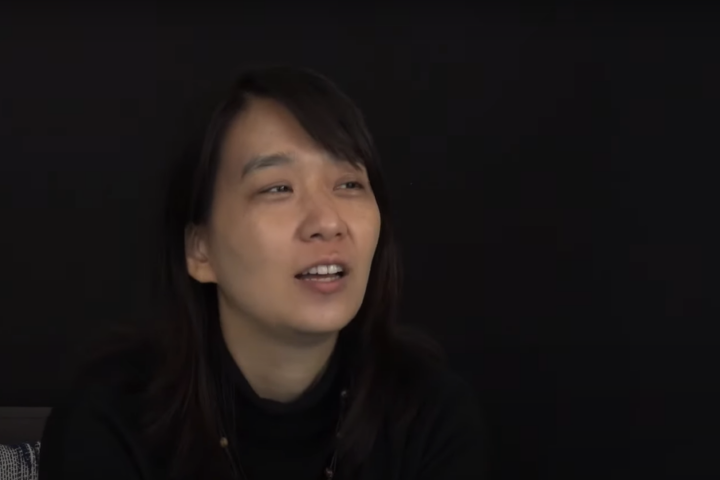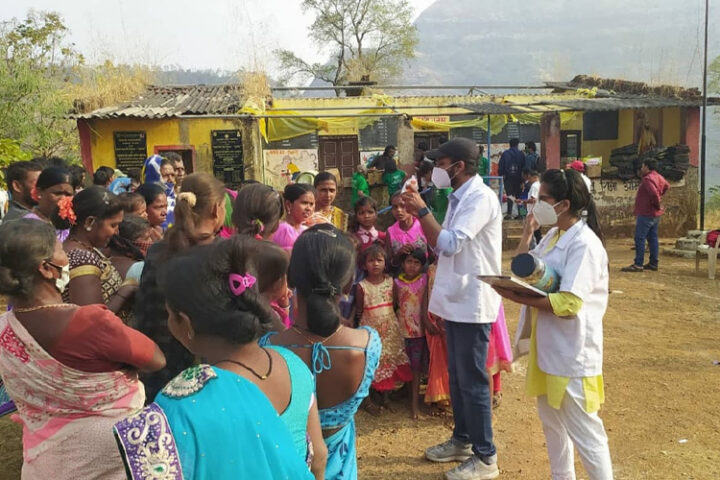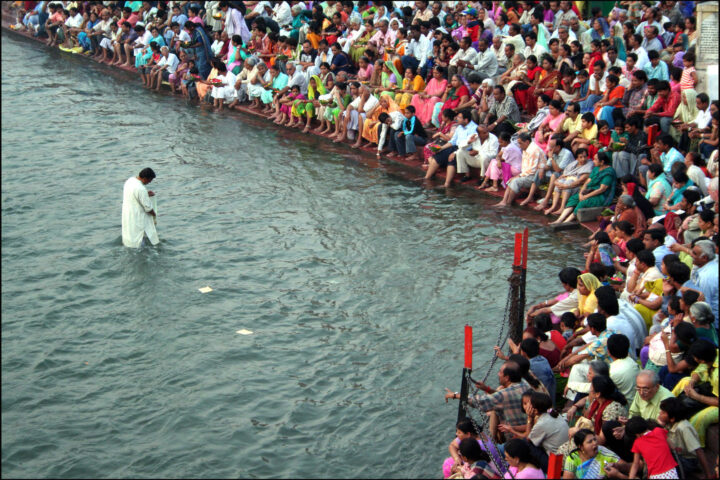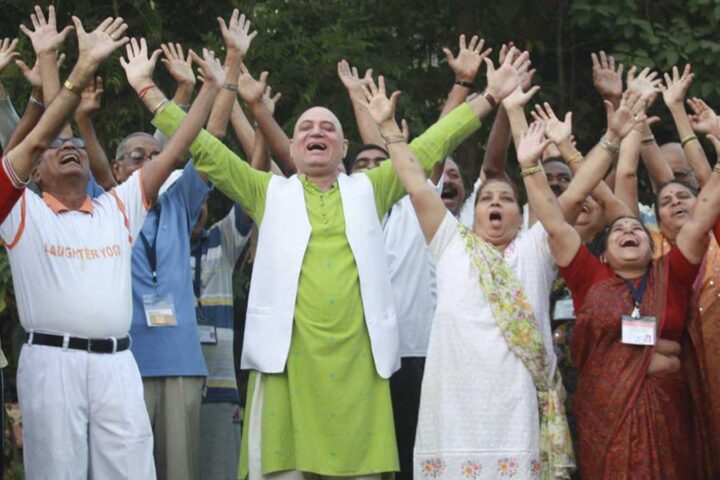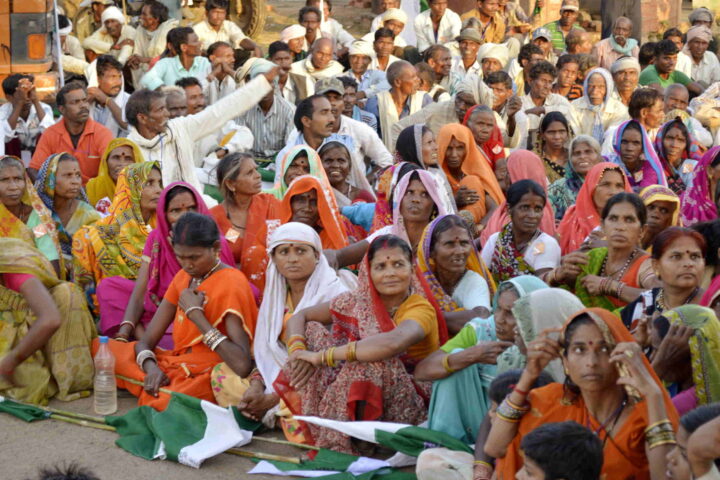Today, October 2 is celebrated as International Non-violence Day in honour of the birthday of MK Gandhi, the father of the Indian nation. This follows a resolution approved by the UN General Assembly in 2007.
Why is Gandhi remembered even today? Because he could achieve freedom of India through freedom struggle with peace and non-violence.
Mohandas Karamchand Gandhi was born in Porbandar, Gujarat, on 2 October 1869. He became a barrister in London. During his law practice, he had to go to South Africa to fight a case in court there.
In South Africa, it was apartheid by which black and white people were strictly ordered to live in separate colonies. Gandhiji began a movement against this practice. He called it a non-violent struggle. A person, who took part in this movement was known as a satyagrahi that is insisted on truth and the method of this insistence on truth came to be known as satyagraha.
Similar Posts
On return to India, he followed this satyagraha and Non-violence in his freedom struggle. He gave up his Western type of dress and adopted a simple dhoti, made of Khadi cloth woven by hand. His cap too became famous as Gandhi’s cap. Thus he became a symbol of the Non-violent freedom struggle for India.
His practice of non-violent freedom struggle was followed all over the world. That is why 2 October is observed as the International Day of Non-violence. Violence is natural for human existence, but one has to adopt Non-violence to conquer one’s nature.
Gopal Krishna Gokhale was regarded by Gandhiji as his Guru. Gokhale was a famous social worker and a member of the Central Legislative Assembly of India. He had established an institution named Servants of India Society.
Acharya Vinoba Bhave, the founder of the Bhoodan movement, became the first satyagrahi in India. Throughout his years Gandhi had achieved something monumental, a legacy cemented upon his glorious name.
Gandhiji was assassinated by Nathuram Godse on 30 January 1948.
The best tribute to Mahatma Gandhi was paid by Albert Einstein, the famous scientist. He said, “Generations to come, it may be, will scarce believe that such a one as this ever in flesh and blood walked upon this earth”.
On this occasion of remembrance let us try to find Gandhi somewhere hidden in a corner of our hearts!
